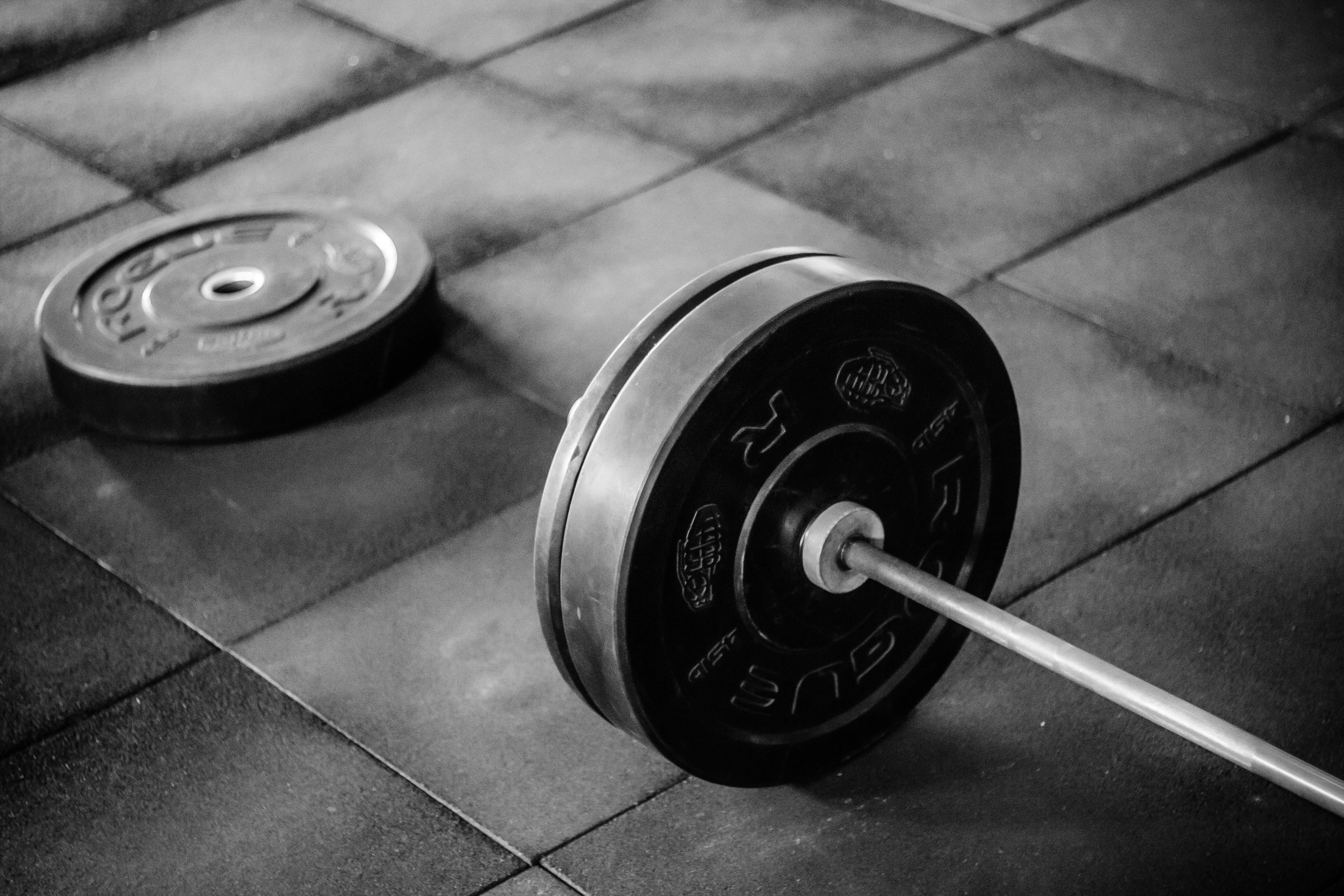Why Women Struggle With Weight Loss: It’s Not Just About Calories
Why women struggle with weight loss and what to do about it.

A primary care membership for patients who want more. Primary Care. Nutrition. Wellness. All under one roof.
Why Women Struggle With Weight Loss
If you’ve ever felt like you're doing everything right—prioritizing protein, committing to workouts, limiting daily indulgent treats—but the scale barely moves, you’re not alone. For decades, the narrative around weight loss has centered on the “calories in, calories out” model. But really, women’s bodies are far more complex than this simplistic equation gives credit for. Daily routine, hormones, stress, sleep, metabolic adaptation, and gut health all play major roles in how your body stores or burns fat. Most importantly, what worked for you 10 years ago, or what works for your friend, might not work for you now—and as we grow, so should our wellness patterns. Whether you're navigating your 20s, 30s, 40s, or beyond, let’s dig into what’s actually going on—and how to work with your body, not against it.
In this article, you’ll takeaway:
- Why female metabolism is wired differently
- How hormonal shifts (during your cycle, perimenopause, or postpartum) impact weight
- The role of stress, sleep, and inflammation
- Why undereating can stall your metabolism
- What to focus on instead of agonizing over calories
1. Hormones Drive the Metabolism—Not Just Willpower
Women experience significant hormonal fluctuations throughout their lives- during the menstrual cycle, pregnancy, postpartum, perimenopause, and menopause. These shifts directly affect metabolism, appetite, fat storage, and energy levels. Hormonal imbalances can make weight loss feel impossible until they’re addressed.
- Estrogen helps regulate insulin sensitivity and fat distribution. When levels decline (as in perimenopause or menopause), many women experience increased abdominal fat.
- Progesterone has a calming effect on the nervous system and influences water retention and mood.
- Cortisol, the stress hormone, promotes fat storage—especially around the midsection—when chronically elevated.
- Thyroid hormones regulate metabolism, and women are significantly more likely than men to experience thyroid dysfunction.
3. Women’s Bodies Prioritize Fertility and Survival
From an evolutionary standpoint, women’s bodies are wired to preserve energy to support pregnancy and lactation—even when we’re not actively trying to conceive. If your body senses that resources, such as calories, nutrients, or sleep, are scarce, it may downshift metabolism and hold onto fat stores in case they're needed later.This is why excessive exercise, dieting, or stress can actually signal danger, triggering fat retention and menstrual irregularity.
3. Undereating Can Backfire
When women drastically cut calories—especially for extended periods—the body senses stress and begins to conserve energy. This protective mechanism slows down your resting metabolic rate, increases hunger hormones like ghrelin, and can decrease muscle mass if protein intake and resistance training aren’t adequate.
4. Stress, Sleep, and Inflammation All Matter
Chronic stress, poor sleep, and systemic inflammation are major drivers of weight gain and metabolic dysfunction. Each of these factors can dysregulate hunger cues, disrupt hormones like insulin and leptin, and affect energy balance.
- Lack of sleep increases cravings for high-carb, high-fat foods.
- Stress elevates cortisol, which drives fat storage.
- Inflammation can impair insulin sensitivity, making fat loss harder.
5. Gut Health and Blood Sugar Play a Role
Incredible emerging data shows that an imbalanced gut microbiome and unstable blood sugar levels can both hinder weight loss efforts. Gut bacteria influence how we digest food, regulate metabolism, and produce neurotransmitters that affect mood and cravings. Blood sugar swings can cause cycles of energy crashes, hunger, and overeating—especially if your meals lack protein, fiber, or healthy fats.
6. Movement Matters—but It’s Not All About Cardio
Exercise should support your hormones, not deplete them. Women may focus solely on overexercising with cardio, but resistance training is much more effective for improving body composition, maintaining lean muscle, and increasing metabolic rate. Additionally, active daily living (ADL), like walking, adds up in a meaningful way.
A Smarter, Supportive Approach
It’s not about willpower—it’s about your daily habits and routine.
- Fuel your body consistently: Prioritize protein and fiber at each meal to support muscle, satiety, and blood sugar balance.
- Strength train 2–4x per week: Muscle is metabolically active and key for healthy aging.
- Sleep 7–9 hours a night: Recovery is just as important as activity.
- Manage stress intentionally: Breathwork, time outdoors, social connection, and saying no are all part of the plan.
- Support your cycle or hormones: Track symptoms, work with your provider, and know that your hormonal phases matter.
- Be patient: Real, sustainable changes take time—and your body will respond when it feels safe and supported.
The Bottom Line
Women’s weight loss is not about a lack of discipline or a broken metabolism. It’s about biology, hormones, and lifestyle alignment. Instead of fighting your body, learn to work with it. When you nourish your metabolism, support your hormones, and prioritize well-being over restriction, weight loss becomes less of a battle—and more of a byproduct of better health.

If you're curious to learn more about The Lanby, book a free consult call and we'll chat about how The Lanby can be your personalized long term health and wellness partner.

Kendall is a graduate of the University of Mississippi, with a B.A. in Integrated Marketing Communications and a minor in Business Administration. She received her certificate of Nutrition Science from the Friedman School of Nutrition at Tufts University.

Chloe holds a bioengineering degree from the University of Pennsylvania. As a breast cancer survivor, her insights shape The Lanby's patient-centric approach. Leveraging her healthcare strategy background, Chloe pioneers concierge medicine, bridging gaps in primary care.

Tandice was recognized with the Health Law Award and named a Ruth Bader Ginsburg Scholar at Columbia Law School. Tandice's editorial role is enriched by her insights into patient autonomy and gene modification legalities. Passionate about bioethics, she is committed to crafting patient-centric healthcare solutions.





